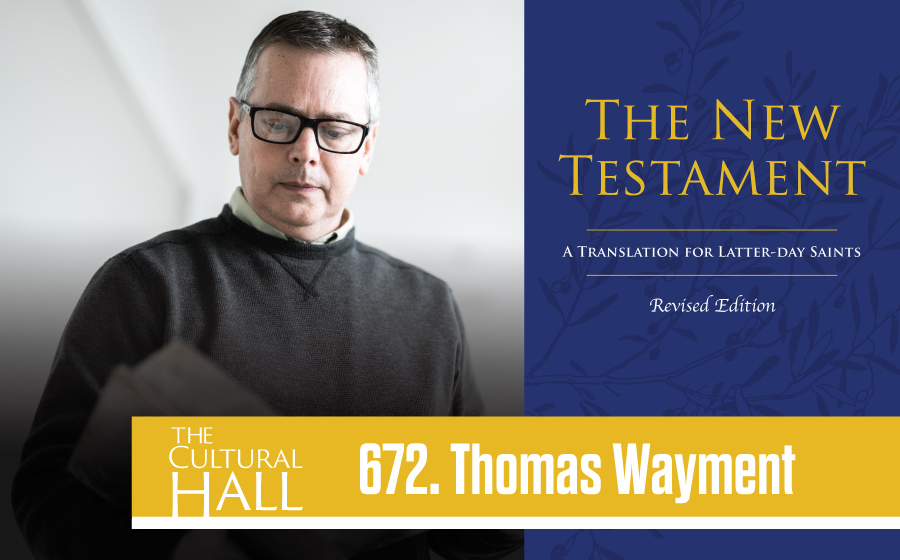Thomas Wayment is a professor of Classics in the Department of Comparative Arts and Letters. He earned his PhD in New Testament Studies from the Claremont Graduate University (2000) and has taught at BYU for the past 23 years. His research focuses on the intersection of textual production and community formation with particular emphasis on the way communities create and adopt literary texts. Much of his work engages the dynamics of early Christian networks as evidenced through literary and documentary papyri. He has also focused on the scribal culture evidenced in the production of New Testament manuscripts.
- Much of our current conversation and emphasis on the KJV in English centers on the Church’s Statement
- The 2021 Church Handbook states, ““When possible, members should use a preferred or Church-published edition of the Bible in Church classes and meetings. This helps maintain clarity in the discussion and consistent understanding of doctrine. Other editions of the Bible may be useful for personal or academic study.”
- In the past decade there has been a notable uptick in quotations from modern Bible translations in general conference.
- Translations obscure key conversations, namely that early Christians were navigating different frictions between its Jewish and Christian members.
- Paul is the key interlocutor in these conversations.
- Paul, because his writings are so obscure in the King James translation, is often misunderstood.
- Paul in Romans 8 and how we’ve missed one of his most remarkable statements of personal struggle, anguish, and frustration over his own desire to sin.
Podcast: Play in new window | Download
Subscribe: RSS

